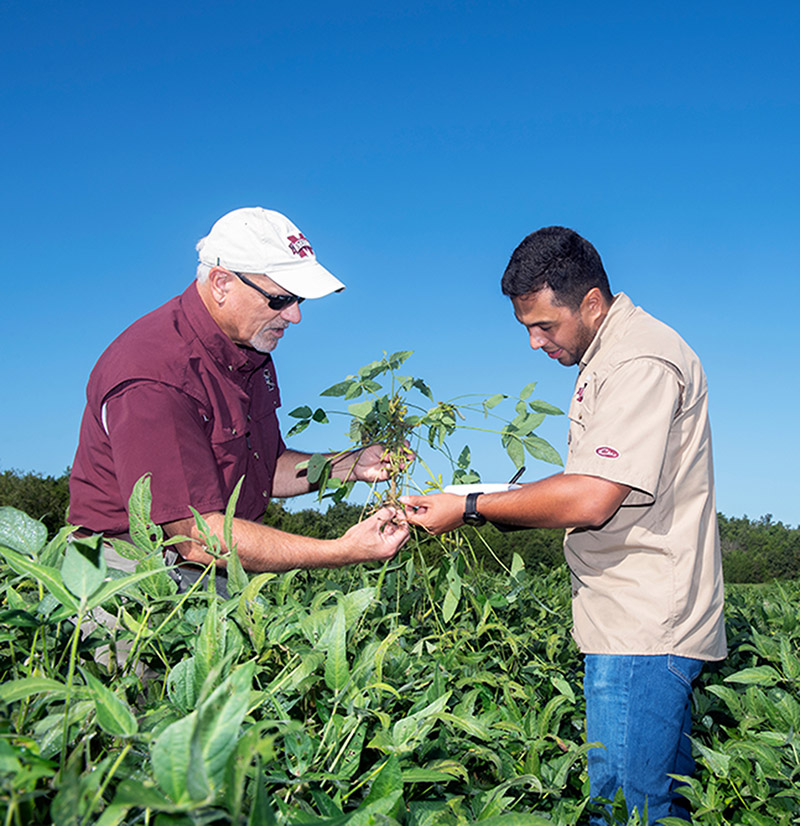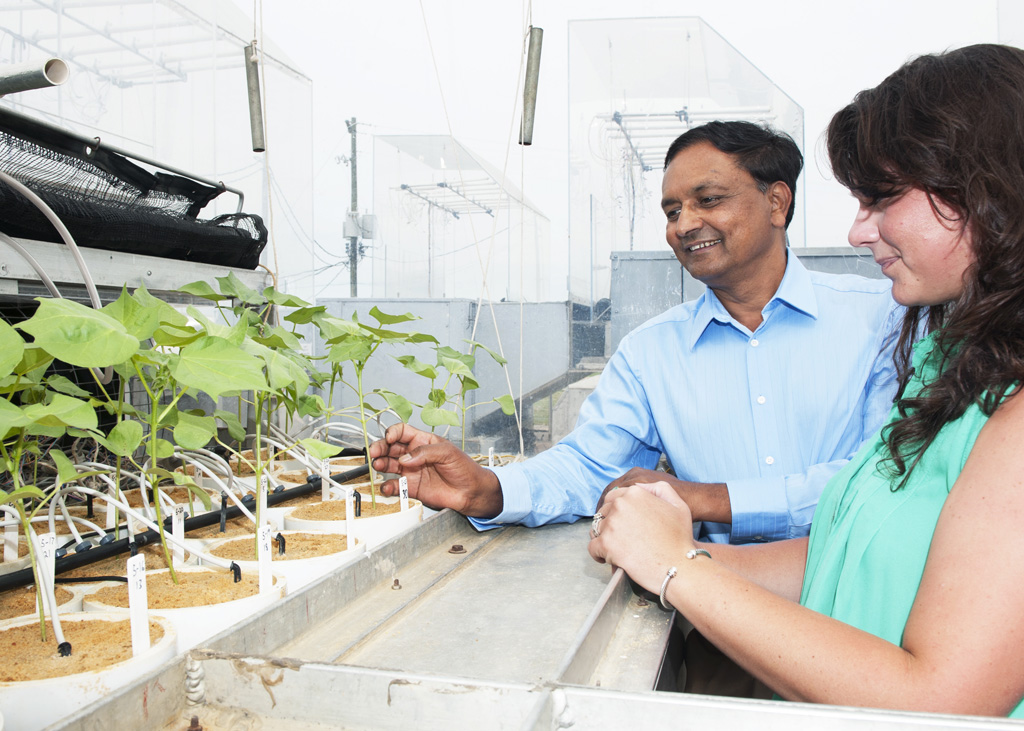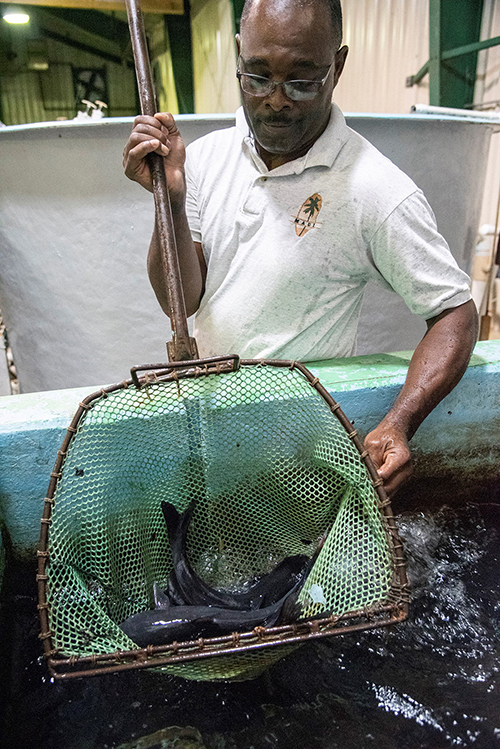
The world may be shrinking thanks to technology, but the number of people at the global meal table is rapidly growing. Student researchers at Mississippi State University are seeking solutions to ensure that in the future, no one goes hungry.



Who better to address the problem of world hunger than a university built on agricultural research and leadership?

At Mississippi State University, student-led teams are leveraging a century’s worth of renowned research and experience to lead the way in developing new and improved agricultural technologies. Researchers are growing better crops, creating alternative irrigation methods and developing more sustainable aquaculture practices to move vital resources from farm to table.
For over two decades, MSU has been ranked in the top 5% nationally for agriculture and natural resources research and development. Today, Mississippi State is an international leader among universities around the world that have banded together to help eradicate hunger and poverty.
With the world’s population expected to top 10 billion by 2050, food production will need to double to keep pace. Students at Mississippi State University are helping prepare for the future today — by finding ways to use unmanned aerial vehicles to boost crop production, creating new water sources for developing countries, growing disease-resistant crops, and formulating safer and more effective pesticides and herbicides.
A former Under Secretary of the U.S. Department of Agriculture, Keenum has made food security a central focus of his professional life. Currently, he serves as chairman of both the Foundation for Food and Agriculture Research and the Board of International Food and Agricultural Development.
Under Keenum’s leadership, MSU established a relationship with the United Nations Food and Agriculture Organization that continues to expand research programs, international internships, and fellowship and volunteer opportunities for MSU students. The United Nations FAO and World Food Programme also recognize Mississippi State as a Center for Knowledge for Aquatic Health — another hunger-fighting focus area where university research is taking the lead.



Mississippi State is home to one of the world’s leading aquaculture research and development programs. MSU’s Feed the Future Innovation Lab on Fish, established with a $15 million grant from the U.S. Agency for International Development, aims to improve nutrition, food security and livelihoods in developing countries by supporting the sustainable development of aquatic habitats and fisheries.
Through the Fish Innovation Lab, interdisciplinary teams at MSU are collaborating on research projects that focus not only on aquaculture practices but also on socio-economic conditions underlying hunger.
MSU’s leadership in hunger eradication has created a wealth of hands-on research and learning opportunities for students. Across campus, a collaborative research program in partnership with the USDA Agricultural Research Service is helping enhance food safety and the quality of farmed products such as catfish, seafood and produce. Mississippi State’s Global Center for Aquatic Food Security is giving students a platform to discover solutions that ensure a safe, worldwide supply of seafood. Student researchers are also helping eradicate food-borne pathogens and improve the health of cattle, leading to greater production and market value.
Through Engineers Without Borders, students have combined forces to design and build sustainable water supply and irrigation systems for agricultural communities in Zambia and Ecuador.
MSU also offers opportunities for high school scholars from across Mississippi to get involved as host of the annual World Food Prize Mississippi Youth Institute, where students are encouraged to discuss food security issues and solutions with global experts.
.jpg)
